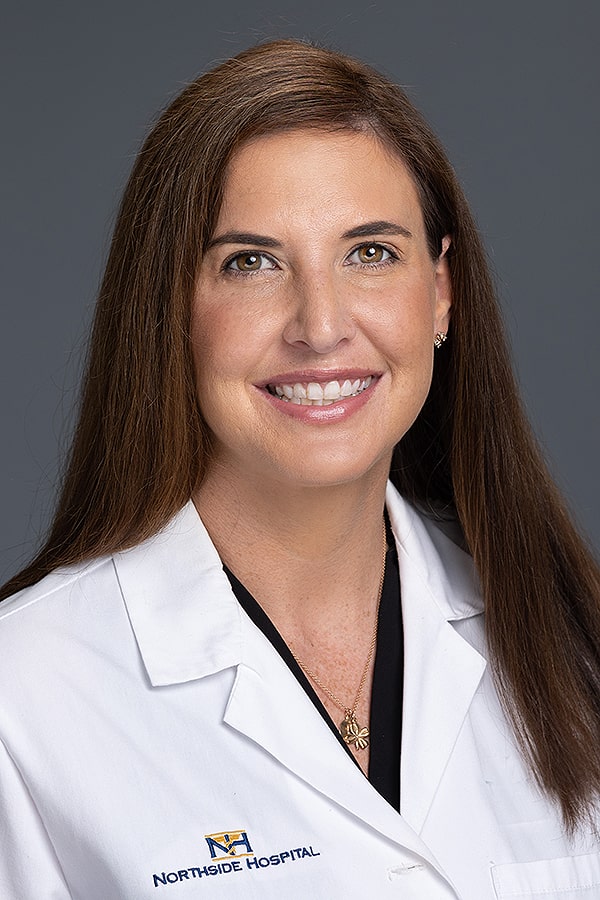
Dr. Whitney Ann Barnes
Dr. Whitney Ann Barnes
Dr Whitney Barnes – Gynecology & Minimal Invasive Surgery, Endometriosis Specialist.
Summary: Dr Whitney Barnes MD is a compassionate and skilled endometriosis specialist based in Lawrenceville, Georgia. Patients seeking expert care often turn to Dr. Whitney Barnes for her individualized, whole-person approach to treatment. Dr Whitney Barnes MD is known for helping patients understand the complex nature of endometriosis while offering effective, tailored solutions to manage symptoms and improve quality of life.
Specializing in wide excisional surgery, Dr Whitney Barnes MD treats both visible and microscopic disease, ensuring a more thorough and lasting outcome. She works closely with each patient to develop personalized medical plans that may include non-narcotic pain relief, hormonal therapies, and mental health support. For those experiencing persistent pain after surgery, Dr Whitney Barnes MD provides a multidisciplinary care plan involving physical therapy, diet, and pain specialists. Her thoughtful and evidence-based approach empowers patients to take control of their health with confidence and clarity.
City: Lawrenceville, Georgia
Philosophy:
Medication: Medication is tailored to each patient, taking into account their unique medical circumstances and indications. This personalized approach considers factors such as the patient’s current health status and past medical history, prior experiences with medications, and individual management goals. I utilize non-narcotic pain relief medications such as NSAIDS, gabapentinoids, and SNRI/SSRI medications for central pain desensitization and hormonal regulation when appropriate. Every medication option is presented to the patient along with a thorough explanation of its intended goal and potential risks. This process is done in close collaboration with the patient, respecting the patient’s preferences and addressing the patient’s needs.
Approach to Persistent Pain After Surgery: Similar to my approach to treating endometriosis, my approach to managing persistent pain after surgery is personalized. Before proceeding with surgery, I engage in individualized patient counseling to review the risk of persistent or recurring pain. This approach recognizes that for some patients, endometriosis excision surgery is a single facet within a broader spectrum of care that may involve central and peripheral pain management, pelvic floor physical therapy, gastroenterology, pain management specialists, and dietary modifications. My ultimate goal is to alleviate the patient’s symptoms and improve the patient’s quality of life.
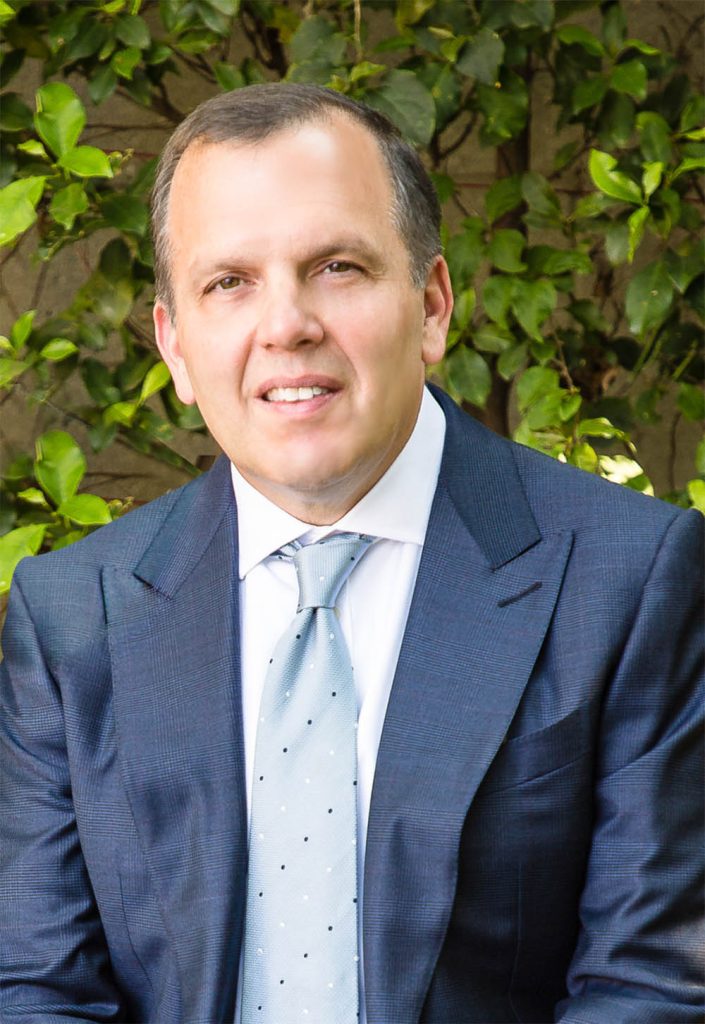
Dr. Laurence Orbuch
Laurence Orbuch, M.D., FABOG
Dr Laurence Orbuch – Endometriosis Specialist, Gynecologist
Summary: Dr Laurence Orbuch is a highly respected endometriosis specialist in Los Angeles, known for his comprehensive and compassionate approach to care. Patients seeking expert treatment often turn to Dr Orbuch for his deep understanding of the complex, multifactorial nature of endometriosis. As Dr Laurence Orbuch explains, the condition is influenced by genetic, environmental, and autoimmune factors, requiring a personalized, whole-body approach to healing.
At his Los Angeles practice, Dr Orbuch specializes in excision surgery and works closely with pain management specialists to develop tailored treatment plans. These may include anti-inflammatory medications, neuromodulators, vaginal suppositories, and trigger point injections. His approach extends beyond surgery, addressing coexisting conditions like pelvic floor dysfunction, GI issues, and mental health. With years of experience, Dr Laurence Orbuch offers thoughtful, evidence-based care that empowers patients to improve their quality of life with confidence and clarity.
City: Los Angeles, California
Philosophy: I believe that the origins of endometriosis lie in the metaplasia theory and can also be influenced by genetic predisposition and environmental factors, and toxins, which can promote its evolution. Endometriosis is also an inflammatory condition, with autoimmune elements as well, which predisposes these patients to sensitivity to other inflammatory triggers. It is therefore important to counsel these patients on how to improve their environment in regards to the foods they eat, products they use, and habits that can better serve them. My approach to treating these individuals encompasses a holistic evaluation and streamlining of all aspects of their health and daily life.
What type of surgery do you perform for endometriosis?:
Excision
Medication: I utilize anti-inflammatory medications such as ibuprofen and Celebrex, as well as neuromodulators, pregabalin, and gabapentin. I also recommend compounded vaginal suppositories containing Valium, Baclofen, and Lidocaine. In addition, some patients also benefit from trigger point nerve injections. The use of any and all medications is carefully tailored and managed by the pain management physicians I work closely with.
Approach to Persistent Pain After Surgery: Treatment of all co-existing pain generators must be focused both pre- and post-surgery. Treating the chronic centralized pain, tight pelvic floor muscles, GI and Urologic issues, coexisting autoimmune and other conditions, nutrition, mental health conditions, counseling, etc.
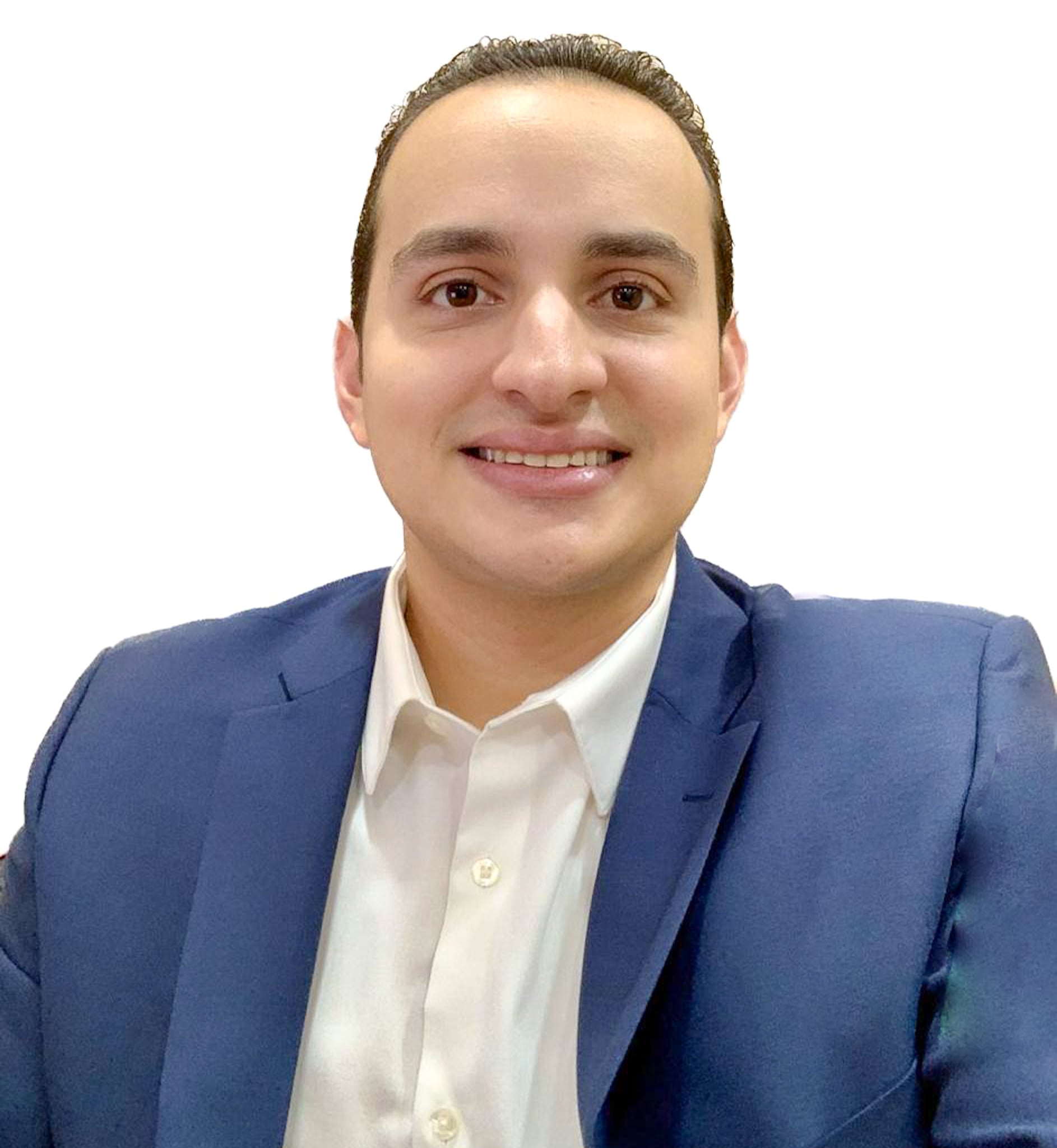
Dr. Manuel Grullon
Dr. Manuel Grullon, M.D., Endometriosis Specialist, Gynecologist, Minimally Invasive Gynecologic Surgeon
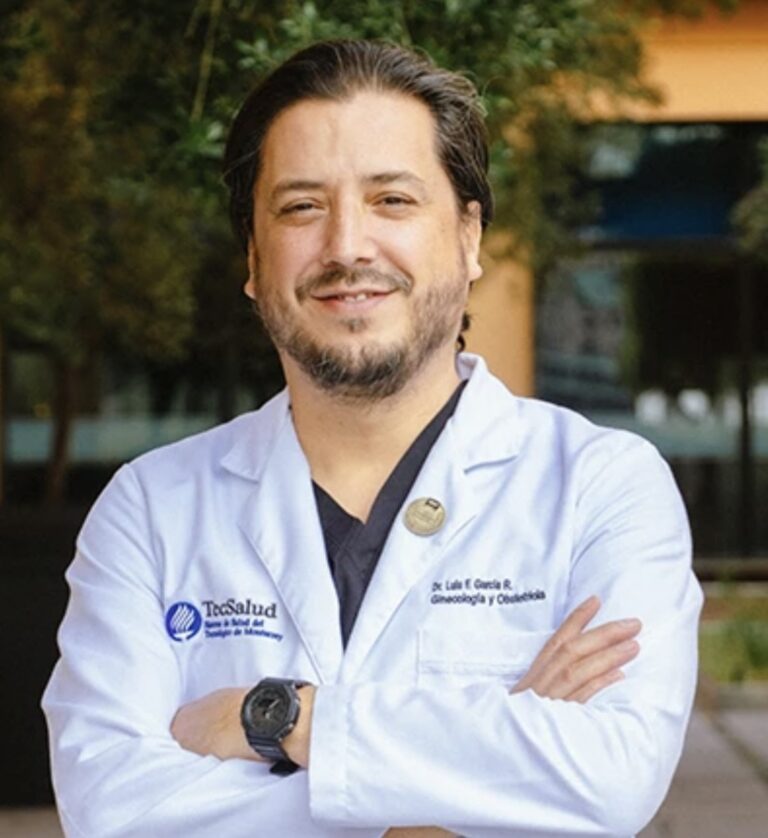
Dr. Luis Fernando García
Dr. Luis Fernando García, M.D.
Dr Fernando Garcia – Endometriosis Specialist
Summary: Dr Fernando Garcia is a trusted endometriosis specialist based in San Pedro Garza García, Nuevo León. Known for his compassionate care and clinical expertise, Dr Fernando Garcia offers a comprehensive, patient-first approach to managing endometriosis. With a deep understanding of the condition’s multifactorial origins—including Sampson’s theory, coelomic metaplasia, and lymphatic dissemination—Dr Fernando Garcia combines medical and surgical options tailored to each patient’s unique needs.
He specializes in excision surgery and often recommends oral contraceptives, progestins, and nonsteroidal anti-inflammatory medications as part of a well-rounded treatment plan. For patients experiencing persistent symptoms after surgery, Dr Fernando Garcia collaborates with a multidisciplinary team, including pain management experts and pelvic floor physiotherapists, to provide lasting relief and improve quality of life. Patients benefit from his warm, personalized approach and commitment to evidence-based care at every stage of their journey.
City: Nuevo León, San Pedro Garza García NL
Philosophy: Multifactorial. Sampson´s theory, chelomic methaplasia, hematologic and linfatic disseminatio
What type of surgery do you perform for endometriosis? Excision

Dr. Julio Gonell
Dr. Julio Gonell, M.D., Endometriosis Specialist, Gynecologist, Minimally Invasive Gynecologic Surgeon
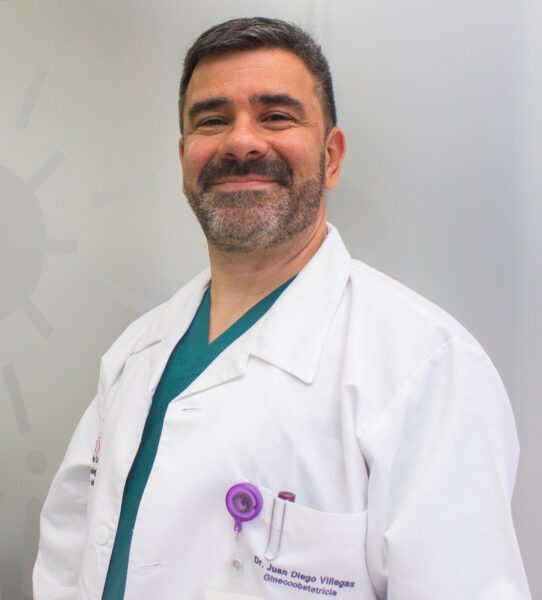
Dr. Juan Diego Villegas
Dr. Juan Diego Villegas

Dr. José Eugenio Colon

Dr. Humberto Dionisi
Endometriosis specialist, Gynecology & Minimal Invasive Surgery
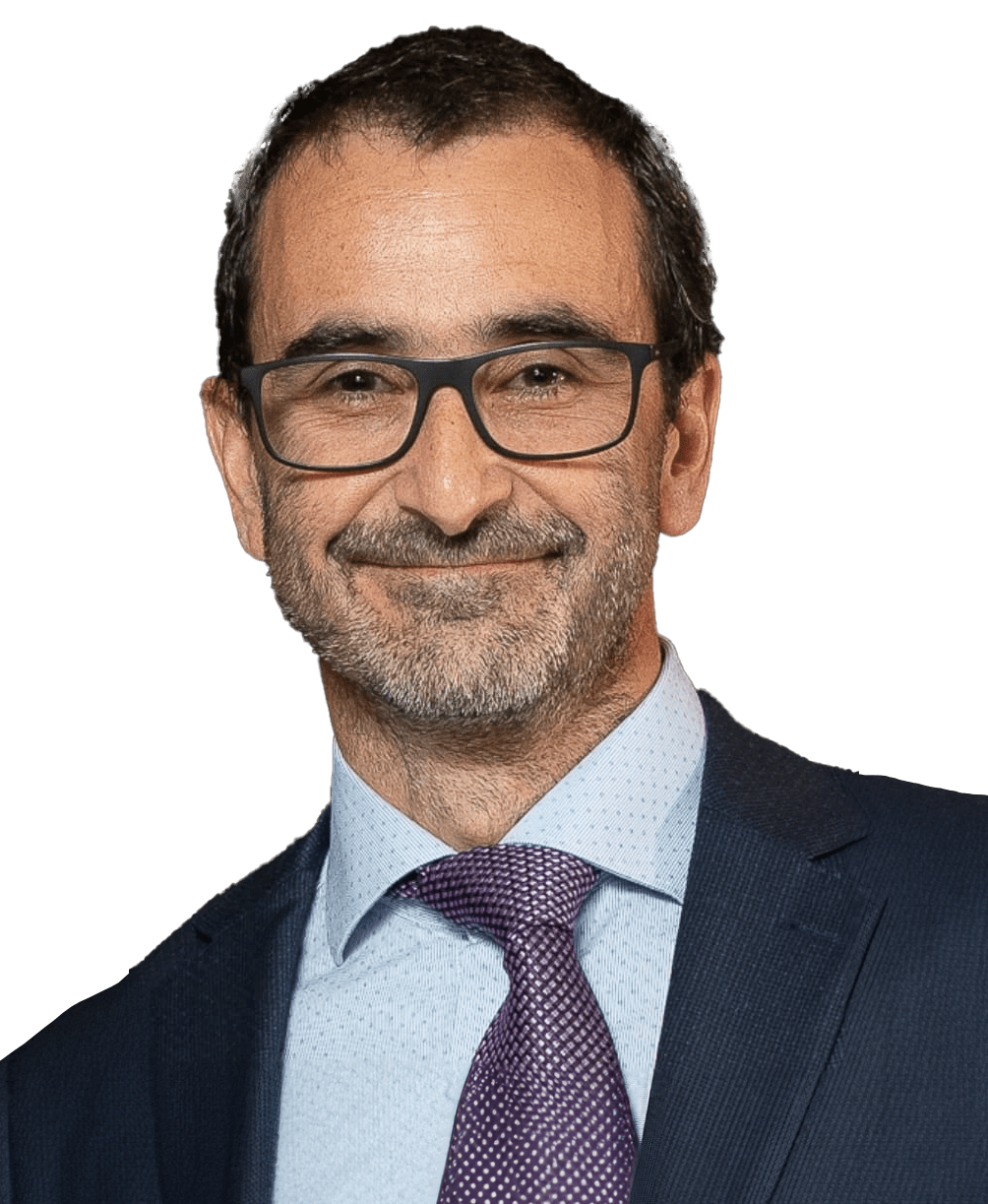
Dr. Fernando Heredia Muñoz
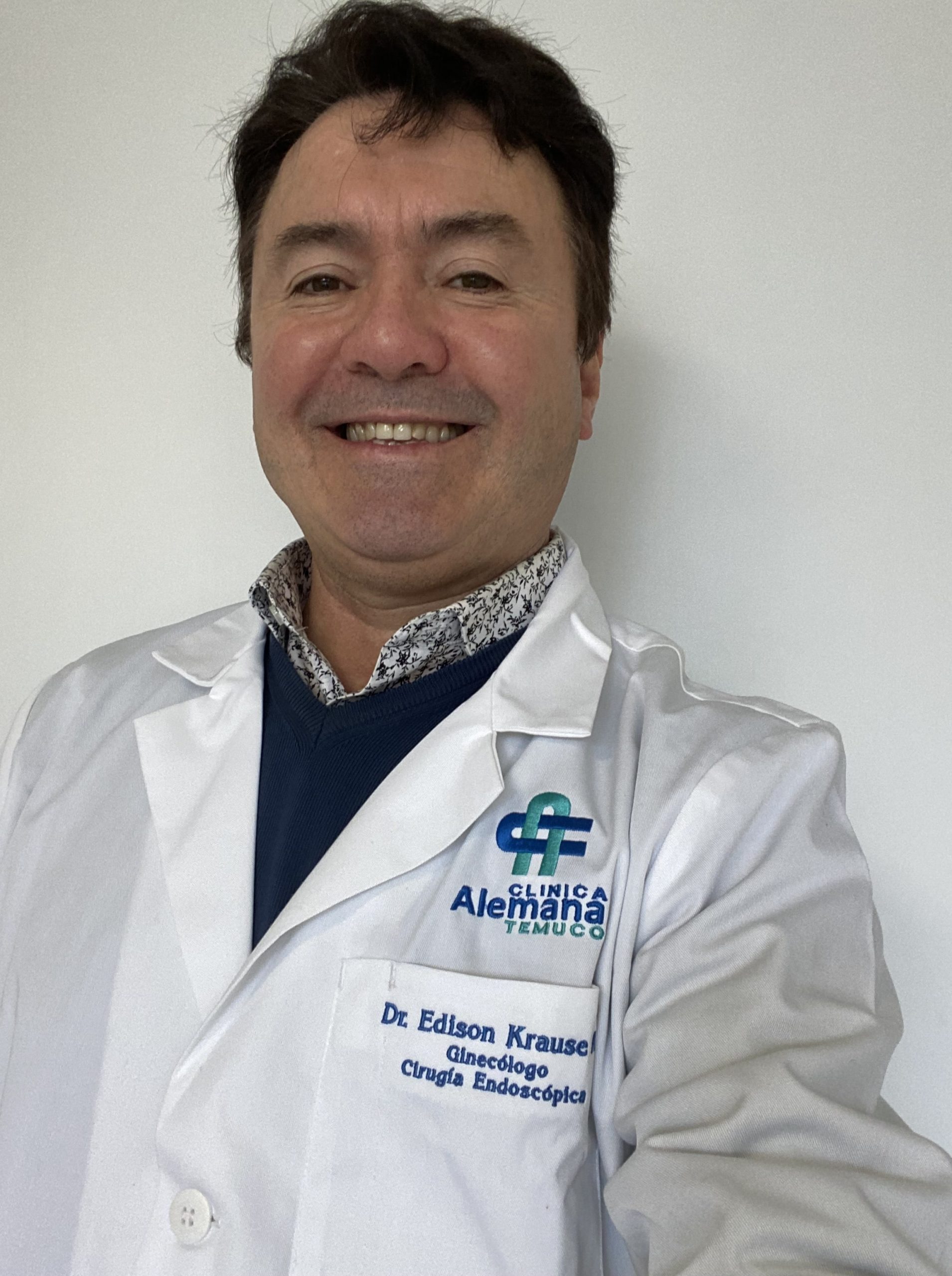
Dr. Edison Krause
Edison Krause Arriagada / Gynecologist
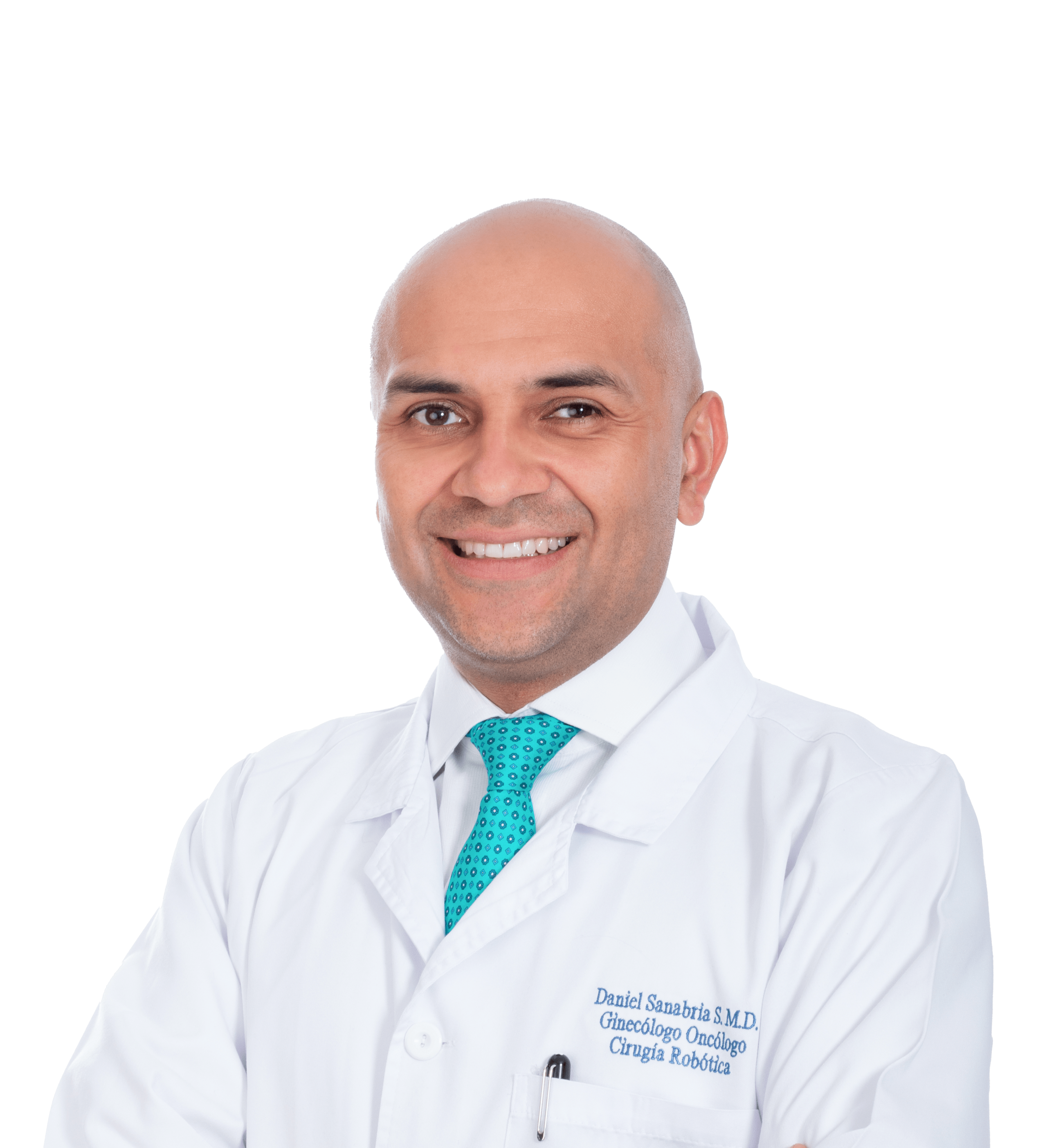
Dr. Daniel Sanabria
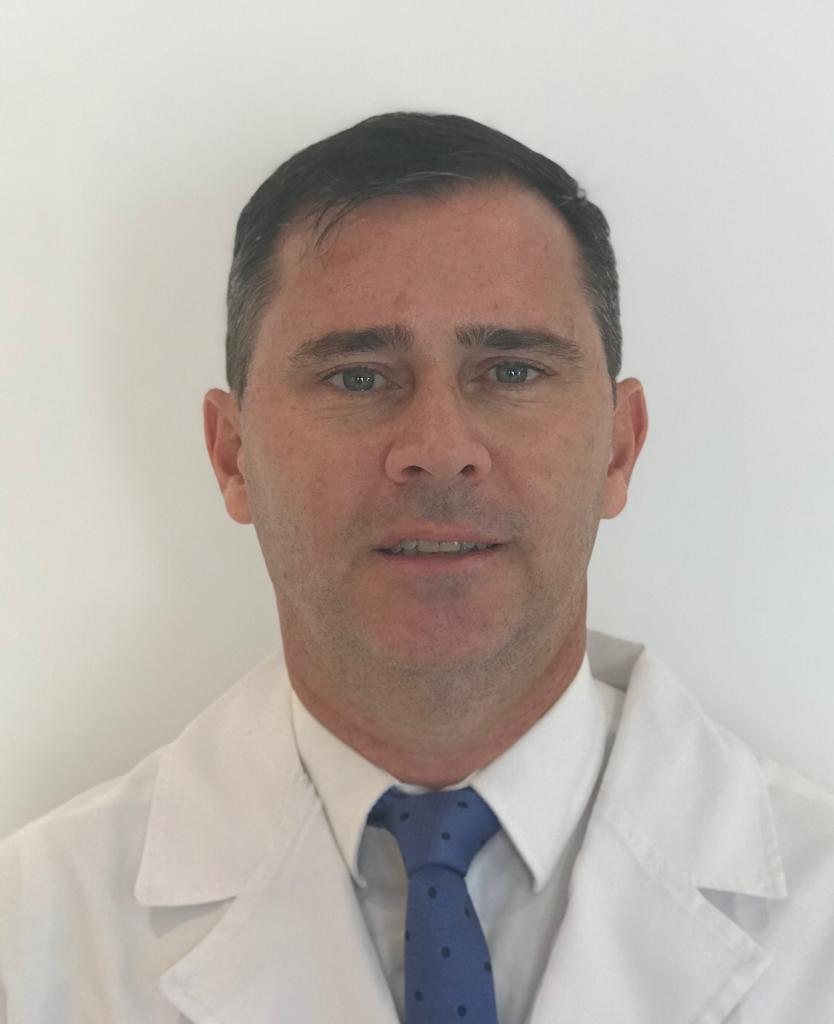
Dr. Alejandro González
Dr. Alejandro González, an expert in endometriosis specializing in gynecology and minimally invasive surgery. Gain insights into pelvic endometriosis, fertility, and treatment options.

